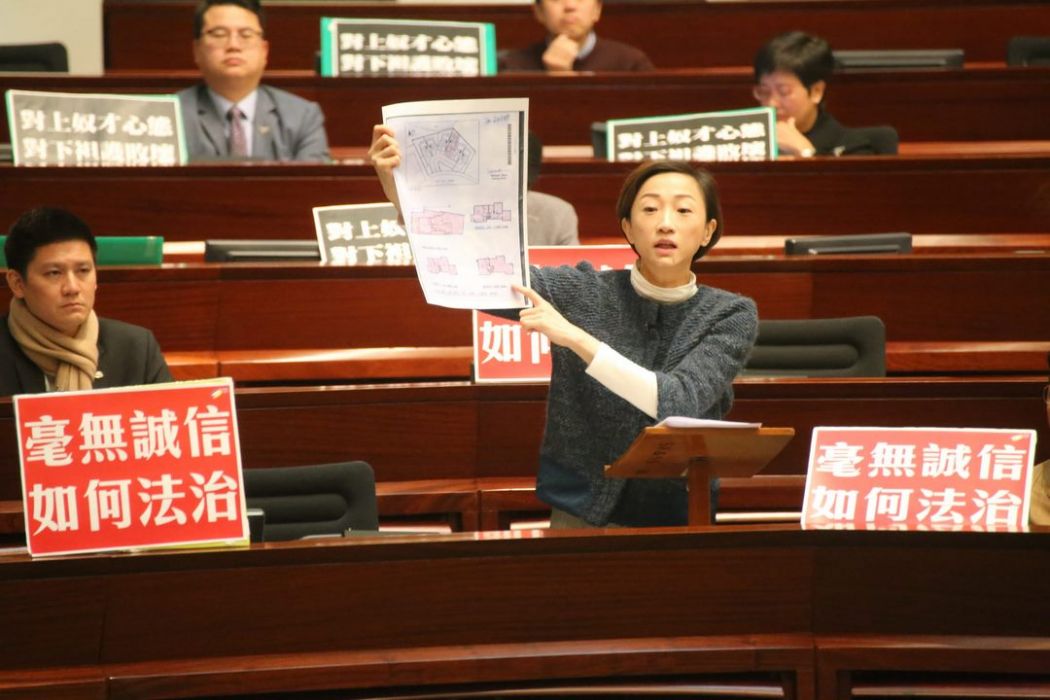A pro-democracy lawmaker has urged Chief Executive Carrie Lam to reverse her decision to allow Teresa Cheng to complete her unfinished private work, despite being appointed as Secretary for Justice last week.
Cheng has been allowed to quickly complete around six international arbitration cases which she began when she was in private practice. Any income received after she took office will be handed over to the government – which, in turn, will be donated to charity. The situation was only revealed at a Q&A session with Lam on Thursday at the legislature, almost a week after Cheng’s appointment.
Democratic Party lawmaker James To said the cases may be related to her position as justice chief and cause conflicts of interest.

“Arbitration cases are even more troublesome as people do this when they do not want to go to court. They are all conducted behind close doors. We don’t know what cases she is involved in,” To said. “I don’t even know if she can reveal the details of the cases to the chief executive.”
To said that, if a person from the financial industry was appointed as Secretary for Financial Services and the Treasury, “do you give him a condition that he can complete his stock market listing work?”
“Civil servants should focus on their own jobs, the problem is not solved when the income is donated to charity. During what time will she conduct [private work]? Working hours, free hours, or holidays?”
He criticised Lam for not revealing the arrangement as soon as Cheng was appointed.
Nature of work
Civic Party lawmaker Tanya Chan demanded Lam explain when she received the request from Cheng, whether there were conditions in allowing her to finish the private work, and whether there were similar cases in the past.

She said she understood that arbitration cases may have to start from scratch if Cheng pulled away from them: “I hope the chief executive would – under the circumstances ensuring both sides in the arbitration cases are not affected – reveal the nature of the cases and how long they will take, so that the public will understand more and be assured there won’t be any conflicts of interest.”
She added that even private companies could have contracts from the government which may cause conflicts of interest.
Rare case
New People’s Party lawmaker Regina Ip also said it was very rare that Cheng was allowed to continue with her private work.
“The chief executive said they were international arbitration cases. I don’t know whether they do not involve Hong Kong conglomerates. If it is possible under arbitration rules, I believe it is better for the government to reveal what are the cases,” she said.

An unnamed government source cited by Citizen News said the cases were of private nature – commercial disputes between foreign and mainland companies – and were unrelated to public bodies, thus Lam approved Cheng to continue her work as she believed there was no conflict.
The source said Lam knew of the cases last month when Cheng declared her work after accepting the invitation to join the government, and Lam approved it in order to prevent damage to Hong Kong’s reputation as an arbitration centre.
The source also said Cheng will need two to three months to complete the work and will only use her own time outside working hours.
